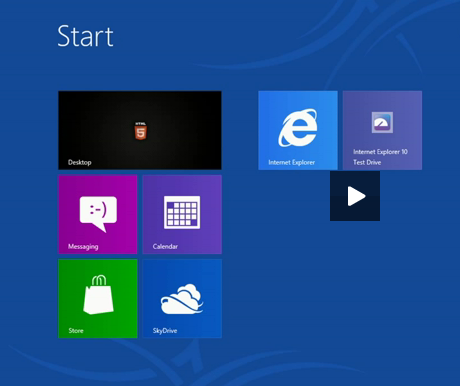Here we go again Microsoft. You once again have done something out of the box that might not necessarily be a good thing. IE 10 which will be released in Windows 8 will have a Do Not Track or DNT signal set by default. What does this DNT feature change? For one, advertisers are in a rage about this feature because it will not allow them to track you. For example, if you go to one website, then leave and go to another website you’ll see ads on the side of the website. You may notice that the ads pertain to the exact website you just looked at. With IE10, you wouldn’t be able to see that advertisement because your tracking history would not be shared. Advertisers are mad because they may miss out on custom ads or content as a result of this change. As a longtime Adsense publisher, I’m sure I would see a significant hit from this, especially on some of my websites where the default ads are not too relevant.
From the IE Blog:
With IE10 in Windows 8, we reimagined the browser. We designed and built IE10 to be the best way to experience the full Web on Windows. Consumers can now enjoy more touch-friendly, fast and fluid Web applications with the updated IE10 engine included in the Windows Release Preview. This sixth Platform Preview of IE10 delivers improved performance and support for touch-first HTML5, as well as a new power-optimized, touch-friendly Adobe Flash Player that enables content on compatible Web sites to play in the Metro style Web browser. IE10 also sends the “Do Not Track” signal to Web sites by default to help consumers protect their privacy.
